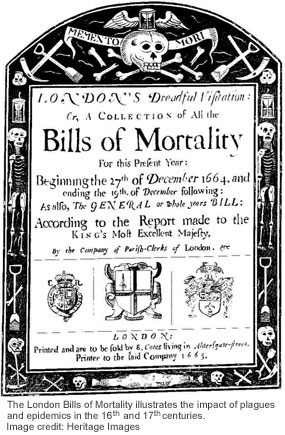Related Posts
var a2a_config = a2a_config || {};
a2a_config.linkurl = "http://mondaymorning.web.unc.edu/2010/11/08/more-from-tedmed-mossberg-mackay-and-jay-walker/";
I read Walter Mossberg’s articles every week in the Wall Street Journal. His comments about technology are common-sense and accessible. He had a very interesting piece a few weeks ago about his reasonably successful attempt to travel with his iPAD instead of his computer. (I’ve made a couple trips this week but not anything more than a couple days.) At TEDMED, he opined about the fact that many of our medical devices haven’t changed substantially in decades. The glucometer is a case in point. He called for more innovation in medical devices that consumers use and said they need to be connected to their other devices for tracking. There are a lot of apps, Mossberg said, but most are not created for consumers. That’s a good point.
Jay Walker founded Priceline and now heads Walker Digital. Walker’s personal library occupies 3,600 square feet and features books, atlases, artifacts and models of space exploration, cryptography and James Bond films. At nearly every session, he brought a book from an earlier century and described what was unique about it. At one point, he showed us one of only a few copies left of Graunt’s Bills of Mortality. These are the books that chronicled who was born and who died in London from the 1700s to about 1830. 
It was almost chilling to be in the presence of this book that’s been so important in the history of epidemiology. He read us several pages from the time of the plague. One sees the patterns as numbers of deaths rose over summer and then fell as fall came. We have been looking for patterns in data for hundreds, probably thousands of years. But only with computers can one organize and manage almost unimaginable data, allowing visualization to come into greater focus as an important scientific area.
There are a lot of interesting people in the world, but TEDMED had an amazing collection of fascinating, smart people, many of them committed to improve the world, often propelled by some cataclysmic personal event they had experienced.
Happy Monday, Barbara
